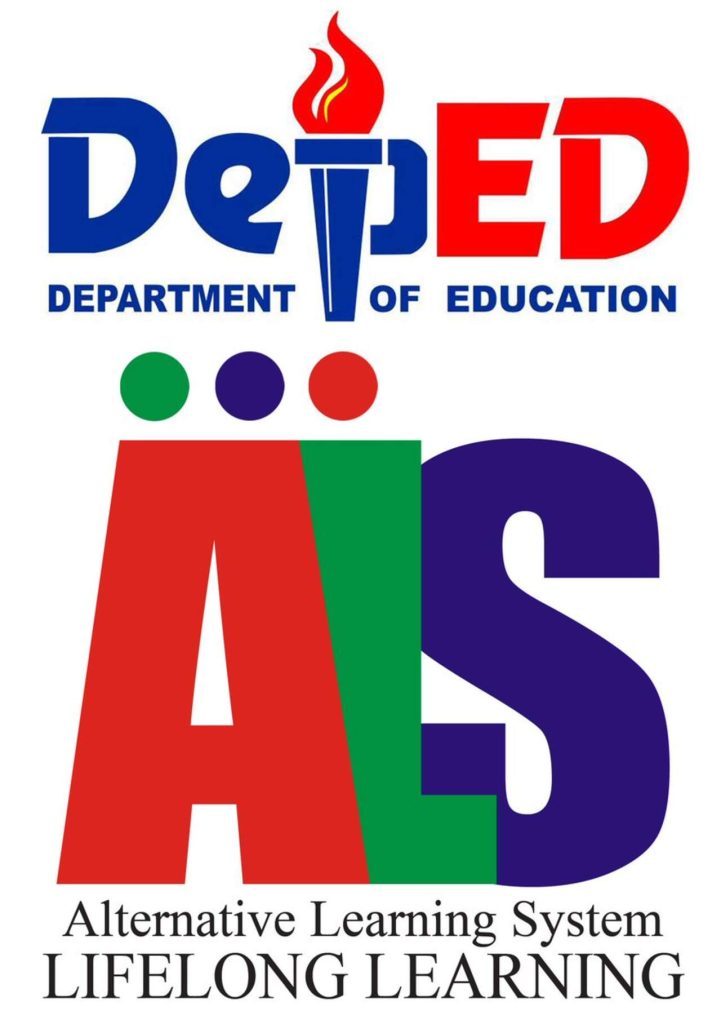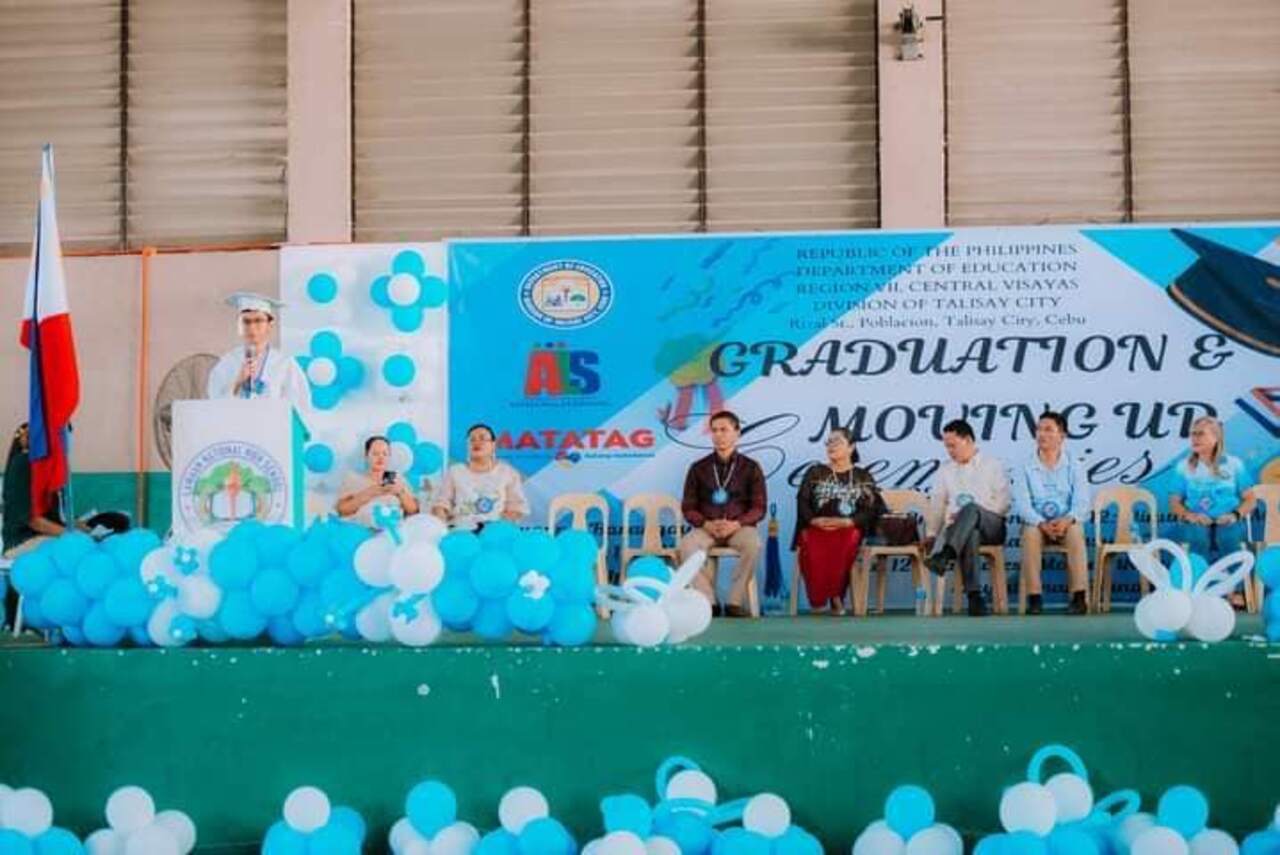The Alternative Learning System, or ALS, is a free education program by the Department of Education (DepEd) in the Philippines that helps people who didn’t finish traditional school get a second chance to learn. It’s open to anyone — out-of-school youth, adults, children who face barriers to formal schooling, and even senior citizens — who want to catch up on basic education at their own pace. Applying is also a simple process, so regardless if you are facing socio-economic challenges, geographical isolation, or other personal circumstances, ALS can offer you that second chance to complete your basic education.
ALS started way back in 1987 to make sure every Filipino has access to education, no matter their age or background. It was created because many Filipinos couldn’t finish formal schooling due to poverty, work, or family responsibilities. Knowing about ALS is super important because it opens up more opportunities for people to improve their lives through education — and it proves that it’s never too late to learn. If you or someone you know is interested, then this guide will walk you through everything you need to know about the DepEd ALS Program—from how to apply as a learner to what programs you can join, who can enroll, and the benefits you can gain from joining this program.
Program Overview

For many Filipinos who have missed the opportunity to complete their basic education, the DepEd’s ALS program for out-of-school youth, adults, and other learners from marginalized groups offers a flexible parallel education pathway toward literacy, education, and a better future. It offers non-formal and informal learning opportunities, specifically created for those who are unable to access the regular formal school system but still wish to complete basic education.
Instead of attending traditional daily classes, ALS learners study through flexible methods such as modular learning, online sessions, and even community-based face-to-face activities. Through the ALS program, learners can achieve certifications equivalent to elementary, junior high school, or senior high school levels, opening pathways to employment, vocational training, or further studies.
History and Legal Basis
This program is rooted in several national laws and policies, including the following:
- 1987 Philippine Constitution: Mandates the State to support both formal and non-formal education systems to meet the needs of the people.
- Republic Act 9155 (Governance of Basic Education Act of 2001): Recognizes the importance of establishing alternative learning systems.
- Republic Act 10533 (Enhanced Basic Education Act of 2013): Guides the structure and standards of basic education programs.
- Republic Act 11510 (Alternative Learning System Act of 2020): Officially institutionalizes the ALS, expanding its reach and ensuring consistent support across the country.
Types of ALS Programs Offered
DepEd offers a variety of ALS programs tailored to different learning needs:
- Basic Literacy Program (BLP): For learners who have little to no literacy skills.
- Accreditation and Equivalency (A&E) Programs: Prepares learners for assessments that certify them for elementary, junior high school, or senior high school completion.
- Indigenous Peoples Education Program: Designed for indigenous communities to preserve their culture while attaining formal education levels.
- Academic-Focused Bridging Programs: For learners who need additional preparation before transitioning to higher education.
- Functional Education and Literacy Programs (FELP): Focused on developing life skills and functional literacy for daily living and employment.
Learning Delivery Methods
These programs are offered in various learning modalities, allowing learners to continue their education in ways that suit their circumstances and needs, whether they are working, parenting, or living in remote areas. These modalities include:
- Modular instruction (printed or digital modules)
- Online, mobile, or digital learning
- Face-to-face sessions and tutorials (community or center-based)
- Radio and television-based instruction
- Blended learning (combination of multiple methods)
- Workshops, simulations, and internships to develop life and work skills
- Inclusive and safe learning environments that cater to different learner needs
Why Consider Enrolling in the ALS Program?
Some of the best reasons why learners should consider applying for the program is that it offers the following:
- Flexible schedules tailored to your needs
- Accessible even in remote or underserved areas
- Official certification equivalent to traditional education
- Opportunities for further education and employment
- A second chance to achieve your personal and career goals
Who Can Enroll as an ALS Learner?
The DepEd ALS program is open to individuals from any of these groups who have not completed basic education:
- Out-of-school youth (OSY)
- Out-of-school adults (OSA)
- Indigenous peoples
- Learners with disabilities
- Teenage mothers
- Socioeconomically disadvantaged individuals
- Children in conflict with the law
- Persons deprived of liberty
- Rebel returnees
- Individuals affected by emergencies
- Other marginalized sectors
Qualifications
To qualify for the program, the target beneficiaries must meet specific eligibility criteria that ensure the assistance is provided to the most appropriate and deserving individuals or groups:
- Must be a recognized member of an Indigenous Cultural Community (ICC) or Indigenous Peoples (IP) group.
- Must be officially endorsed by the National Commission on Indigenous Peoples (NCIP).
- Must not have previously received any housing assistance from the National Housing Authority (NHA) or other government shelter agencies.
- Must not own any residential land or housing unit in any part of the country.
- Must be willing to comply with the program’s guidelines, including community rules and housing site regulations.
- Must have the capacity to participate in community development and maintenance activities.
- Must fall within the income threshold set by the NHA for low-income families.
- Must be part of a community affected by displacement, disaster, or relocation initiatives acknowledged by the government.
Required Documents
To begin the ALS enrollment process, you need to submit the following documents:
- Photocopy of Birth Certificate (PSA) or Baptismal Certificate
- 2×2 ID Picture (White background)
- Form 137 (only for learners coming from the formal education system)
Once your documents are complete, you must submit them to the nearest ALS teacher or Schools Division/District Office.
How to Apply for the DepEd ALS Program
Here’s a simple step-by-step guide to applying as an ALS learner:
Step 1: Visit the Nearest DepEd ALS Office
Locate the nearest DepEd office, community learning center (CLC), or ALS mobile teacher in your barangay. You can ask at your municipal hall, barangay office, or local school.
Step 2: Register as an ALS Learner
You will be asked to fill out a registration form. Provide your basic personal information, educational background, and reasons for joining ALS.
Make sure to bring the required documents when you go. If you don’t have complete documents, don’t worry—DepEd ALS is open to assisting you with alternatives.
Enrollment Process and Learner Reference Number (LRN)
After submitting your documents, the ALS teacher will register you in the Learner Information System (LIS). Upon successful enrollment, a unique Learner Reference Number (LRN) will be issued. This LRN is essential as it serves as your official identifier within the system.
Step 3: Undergo a Pre-Assessment
An ALS facilitator will conduct a pre-assessment to determine your current learning level. This helps the teacher customize your learning journey according to your needs.
Step 4: Attend Orientation
Attend an orientation session where you’ll learn about the ALS program structure, learning methods, schedules, and expectations.
Step 5: Start Your Learning Journey
Once your learning schedule and method have been finalized, you’ll begin attending learning sessions according to the agreed method (modular, online, face-to-face, or blended).
Step 6: Prepare for the A&E Assessment
As you progress, your facilitator will help you prepare for the A&E assessment that certifies your learning level.
Duration of ALS Programs
There’s no fixed time frame for completing the ALS program. The duration depends on:
- The learner’s existing educational background
- The learning objectives set by the learner and facilitator
- The pace at which the learner acquires the required competencies
However, DepEd prescribes a minimum number of months needed to provide learners with sufficient time to achieve quality learning outcomes based on the ALS K to 12 Basic Education Curriculum (BEC).
Accreditation and Equivalency (A&E) Assessment and Certification
The A&E assessments serve as a formal certification for ALS learners:
- Elementary Level Passers: Eligible to enroll in Junior High School, either in a formal school or ALS Junior High Program.
- Junior High School Level Passers: Can proceed to Senior High School, take vocational courses through TESDA, or choose the ALS Senior High Program.
- Senior High School Level Passers: Qualified to enroll in college or higher education institutions (HEIs), or continue vocational training.
In addition to these certifications, DepEd plans to offer micro-certifications—short-term certifications for specific sets of skills and competencies.
Learning Materials for ALS Learners
ALS learners use a variety of learning materials, depending on their level and the program they are enrolled in:
- Learning Modules: These are the primary learning tools used in ALS, containing activities, assessments, and facilitator guides.
- Supplementary Materials: These include textbooks, e-modules, digital learning resources, and other materials that support learning in diverse formats.
- Self-Learning Modules: For more advanced learners, ALS provides independent learning modules that can be used with minimal supervision.
Who Are the Teachers in the ALS Program?
The ALS program relies on a combination of teachers and learning facilitators who are equipped to handle the various needs of learners:
- ALS Teachers: These are DepEd-employed professionals who implement ALS programs across the country.
- Community ALS Implementers: Local individuals, often hired by DepEd or local government units (LGUs), who facilitate learning within the community.
- Learning Facilitators: These are teachers funded by non-governmental organizations (NGOs) or private individuals who support ALS learners in their educational journey.
These educators are trained to guide ALS learners through their respective programs and assessments.
Building Recognition and Support for ALS Certifications
One of the key components of the ALS program is ensuring that ALS graduates and their certifications are recognized by employers, educational institutions, and other stakeholders as a legitimate and valuable form of education. The DepEd is actively promoting awareness and recognition for ALS certifications among employers, schools, and government agencies, enabling ALS graduates to pursue various post-program pathways, including higher education or gainful employment. Efforts include advocacy campaigns, stakeholder partnerships, and public awareness programs to highlight the credibility and legitimacy of ALS graduates in education and employment fields.
Post-Program Opportunities for ALS Graduates
ALS graduates have several pathways available:
- Enroll in formal education (junior high, senior high, college)
- Take vocational and technical training (TESDA-accredited programs)
- Apply for employment requiring basic education certification
- Pursue entrepreneurship or livelihood programs
Additionally, DepEd, TESDA, CHED, and partner institutions collaborate to provide college readiness programs and employment preparation for ALS completers.
Video: Understanding DepEd ALS
The DepEd ALS program offers hope and opportunity to thousands of Filipinos who, for various reasons, could not complete their basic education. Whether you’re an out of school youth, a working adult, or someone affected by circumstances beyond your control, ALS provides a pathway to learning and a better future. Learn more about this program by watching this video from Ched Arzadon and take that first step to your lifelong journey to achieving your dreams through the DepEd ALS:
